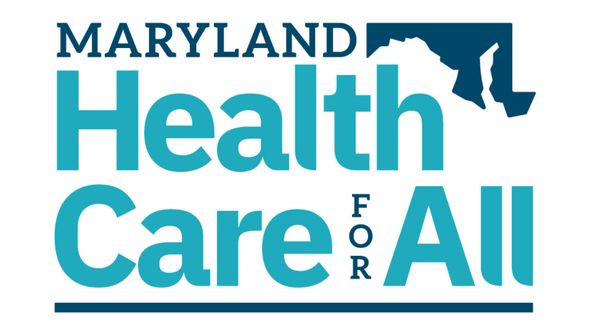From The Baltimore Sun
By Vincent DeMarco
July 1, 2019
Lawmakers on both sides of the political aisle universally agree the system for pricing drugs in America is broken, and while there is some bipartisan momentum to address the problem, Washington has yet to pass any legislation that will have a meaningful impact on bringing down prices and giving consumers relief at the pharmacy counter.
Meanwhile, states are bearing the burden and are growing frustrated with drug corporations doubling and tripling prices for no reason. Some states — including Maryland, Massachusetts, New Jersey, Maine and Oregon — are trying to take control of their own fate with an innovative way to make drugs more affordable and accessible: by treating pharmaceuticals as a utility.
Maryland’s legislature recently enacted legislation that will create a first in the nation Prescription Drug Affordability Board with the authority to regulate what state and local government entities pay for certain drugs the way public utilities like electricity and water are regulated at the state level. The new law, sponsored by Del. Joseline Peña-Melnyk and Sen. Katherine Klausmeier, both Democrats, will go into effect today and will authorize the new independent, third-party body to review and determine affordable payments for the most expensive drugs.
Determining maximum payments for health care and other public goods is a state practice that has been around for decades. States regulate insurers and other public goods and services in markets with little or no competition. In the case of pharmaceuticals, a review board would work like a regulatory utility board, but for high-cost drugs.
Though this measure will initially only impact state and local government drug costs, this groundbreaking policy will open the door to a broader, more comprehensive policy that would cover all Marylanders. It will also set an example for the rest of the country.
Maryland can be a springboard for action in other states and at the national level, serving as a policy model for federal lawmakers to consider. States becoming incubators of innovation for public policy is nothing new. They often serve as laboratories and help inform federal policy ideas based on what has or hasn’t worked on a smaller scale.
The actions we are taking in Maryland are laudable and should send a strong message to Congress and the Trump administration that innovative, bi-partisan policies are possible, and the time to make real progress for people is now.
And while this is a victory worth celebrating, the reality is that a state-by-state approach will never be enough to make prescription drugs truly affordable. States can’t do it alone. Congress and the White House must come together to end the drug corporation monopoly that keeps prices so unjustifiably high.
There are also some steps the federal government can take to provide relief to states. For instance, it can give states more flexibility around the Medicaid drug rebate program and allow state importation of lower cost drugs from other countries. By doing this, it can help states do more to make drugs affordable.
There is no single, cure-all policy — even on the federal level — that will fix the system and bring drug prices down. Washington must follow the lead of the states and pass a comprehensive legislative package that directly addresses high launch prices and price growth over time while encouraging the development and marketing of competitive products in the future.
Anticompetitive tactics that allow manufacturers to prevent or delay the entry of cheaper generic drugs or biosimilars further fuel the market dysfunction and decrease accessibility and affordability for consumers. We need to discipline and penalize the pharmaceutical industry to discourage them from gaming the patent system and engaging in deceitful pay-for-delay tactics. It’s the only way to help ensure that drug manufacturers play by the rules.
But limiting anticompetitive behaviors alone does not go far enough. A comprehensive plan must address how drugs are paid for and delivered in the current market. This includes addressing business practices that steer patients to higher-cost treatments even when effective cheaper alternatives are available. Congress should also consider more aggressive policies that will directly lower prices for Americans at the pharmacy counter, such as giving Medicare long-overdue authority to negotiate drug prices.
Sky-high launch prices and unjustified price increases over time continue to limit access to important drugs for those who need them — forcing many to choose between their medication and other necessities, like rent and groceries.
Maryland and other key states are doing important work on the issue of drug pricing, but it won’t be enough unless Washington steps up and gets serious about a comprehensive solution.
Vincent DeMarco (demarco@mdinitiative.org) is president of Maryland Citizens’ Health Initiative.
Last modified: July 1, 2019



